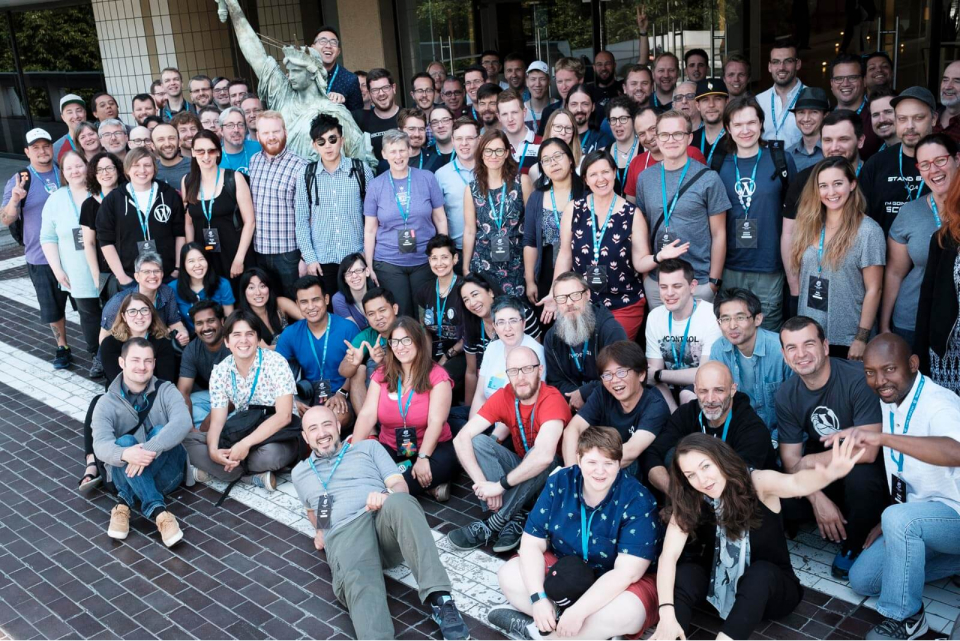
by Jordi Cabot | Jan 25, 2022 | Community, Process
There are many strategies to fund open source software development. None of them is a silver bullet. Indeed, OSS sustainability is still a major concern. And WordPress has an original approach to this challenge, called Five for the future. In short, Five for the...
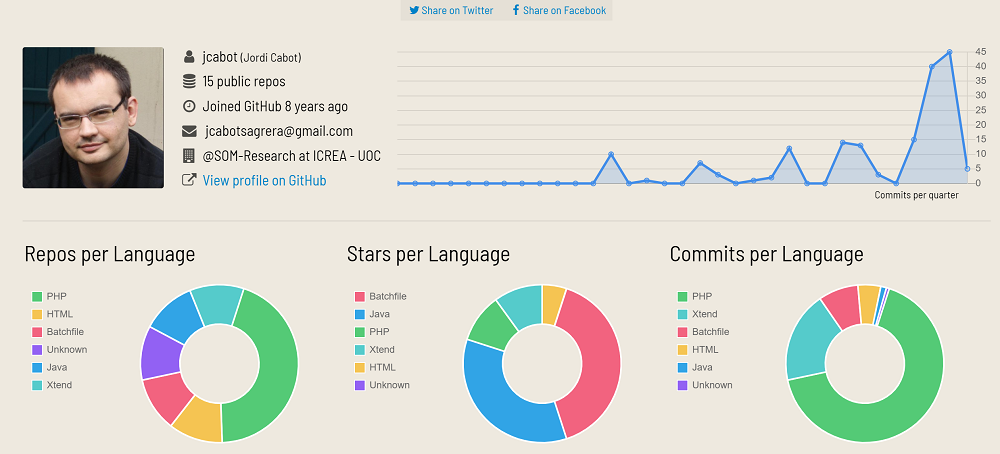
by Jordi Cabot | Dec 24, 2021 | Tool, Code
Like it or not, the first thing any recruiter will look at (just after googling your name) is your GitHub Profile. This somehow assumes that any developer should have a healthy contribution to a number of open-source projects (or side projects) in your free time to be...
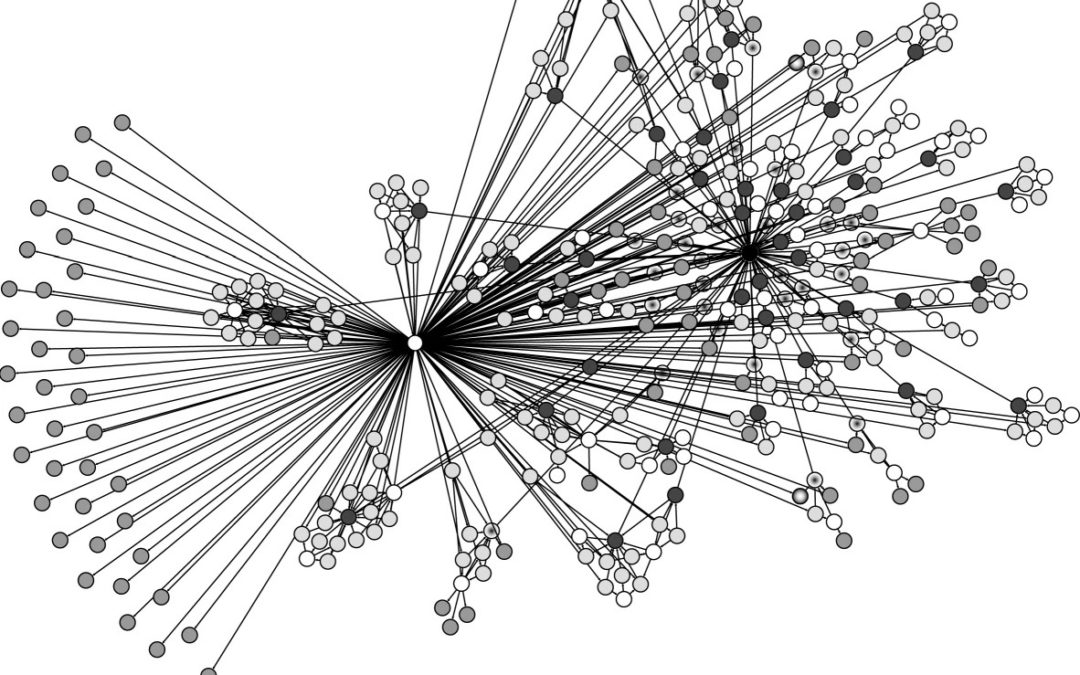
by Jordi Cabot | Dec 1, 2021 | Community, research
The role of non-tech/non-coding contributors in Open Source Software (OSS) is poorly understood. Most of current research around OSS development focuses on the coding aspects of the project (e.g., commits, pull requests or code reviews) while ignoring the potential of...
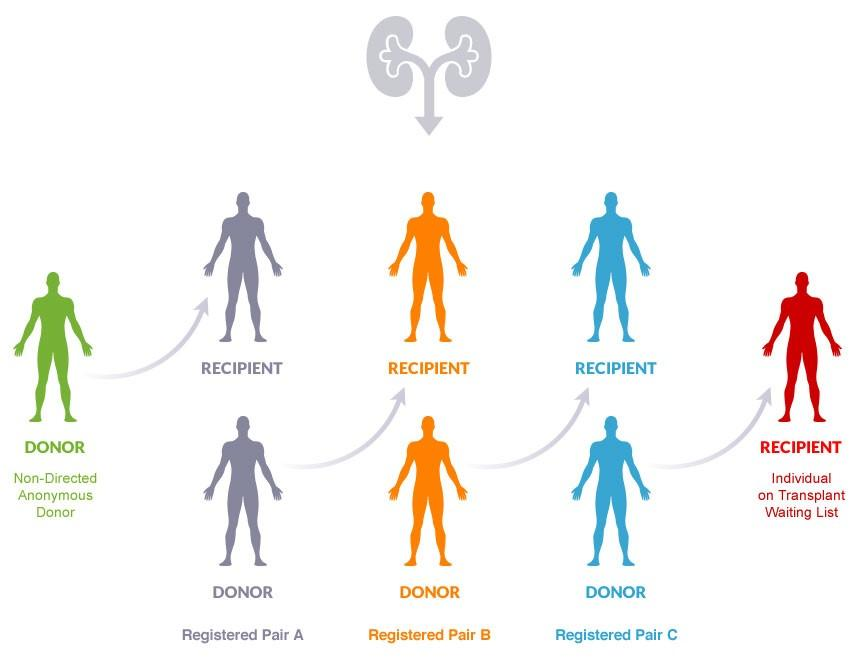
by Jordi Cabot | Nov 4, 2021 | Book, Community
Matching markets are markets where the allocation – i.e. who gets what – is not (completely) driven by price. A classical example is kidney exchanges. It’s illegal to buy a kidney, even if you want to. It’s impossible to donate yours if the recipient is...
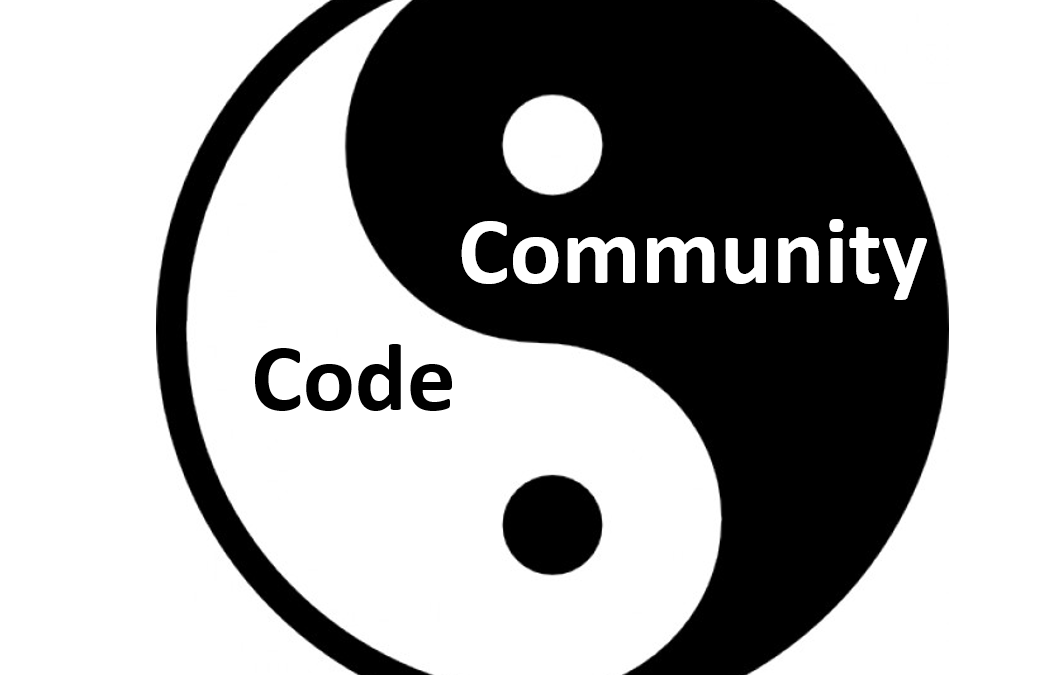
by Jordi Cabot | Sep 6, 2021 | Community, Tool
Sustainability of open source projects is one of my major concerns. Similar to any other shared-resource system, participation inequality is a major challenge in open source. This is known as the “volunteer’s dilemma”: everybody wants to benefit from...






